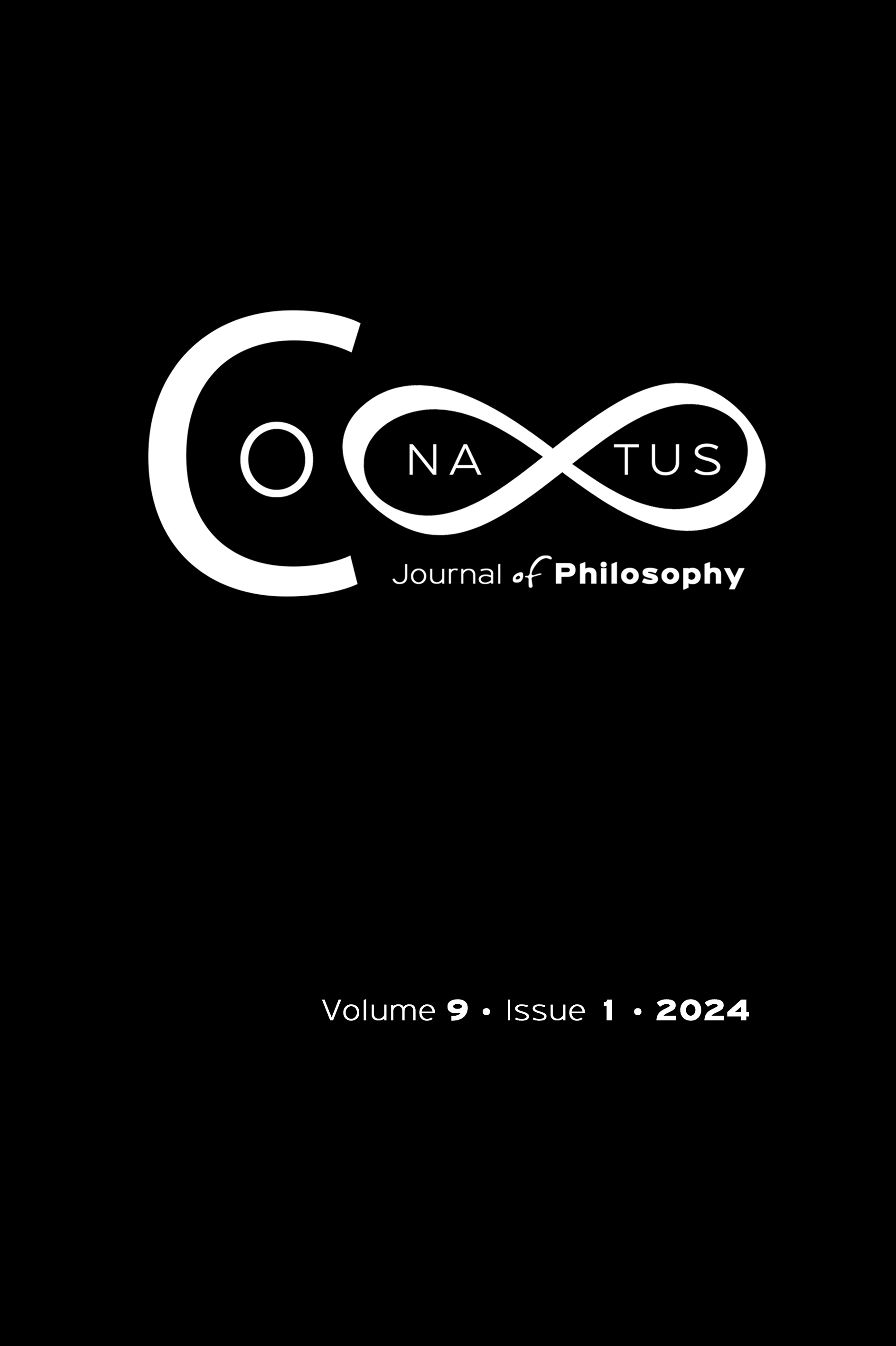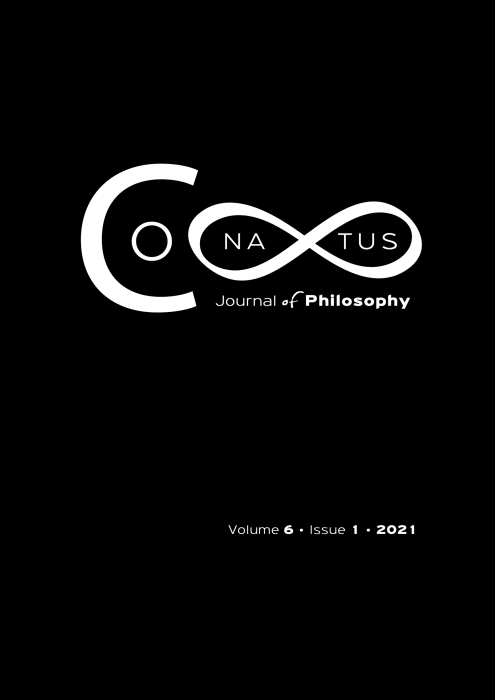Nietzsche’s Intellectual Integrity and Metaphysical Comfort
Abstract
This paper examines Nietzsche’s intellectual integrity, with a view to showing that despite his attempt to overcome metaphysics, using this concept, Nietzsche remains within the comfort of metaphysics. Intellectual integrity represents Nietzsche’s unique style of questioning and his critical method of analysing Western metaphysical foundations. It is a flexible and dialectic principle, which approaches the question of ‘being’ as a dynamic process of endless interpretations and becoming, instead of as a fixed essence or a metaphysical absolute. Attempts are made, in the paper, to examine the dynamics of Nietzsche’s intellectual integrity, as well as its intimate link with other key concepts in his philosophy. To achieve its goal, the paper adopts the method of historical hermeneutics and textual analysis.
Article Details
- Zitationsvorschlag
-
Ojimba, A. C. (2024). Nietzsche’s Intellectual Integrity and Metaphysical Comfort. Conatus - Journal of Philosophy, 9(1), 109–130. https://doi.org/10.12681/cjp.34391
- Rubrik
- Articles

Dieses Werk steht unter der Lizenz Creative Commons Namensnennung - Nicht-kommerziell 4.0 International.
Authors who publish with this journal agree to the following terms:
Authors retain copyright and grant the journal right of first publication with the work simultaneously licensed under a Creative Commons Attribution Non-Commercial International License (CC BY-NC 4.0) that allows others to share the work with an acknowledgement of the work's authorship and initial publication in this journal.
Authors are able to enter into separate, additional contractual arrangements for the non-exclusive distribution of the journal's published version of the work (e.g. post it to an institutional repository or publish it in a book), with an acknowledgement of its initial publication in this journal.
Authors are permitted and encouraged to post their work online (preferably in institutional repositories or on their website) prior to and during the submission process, as it can lead to productive exchanges, as well as earlier and greater citation of published work.







